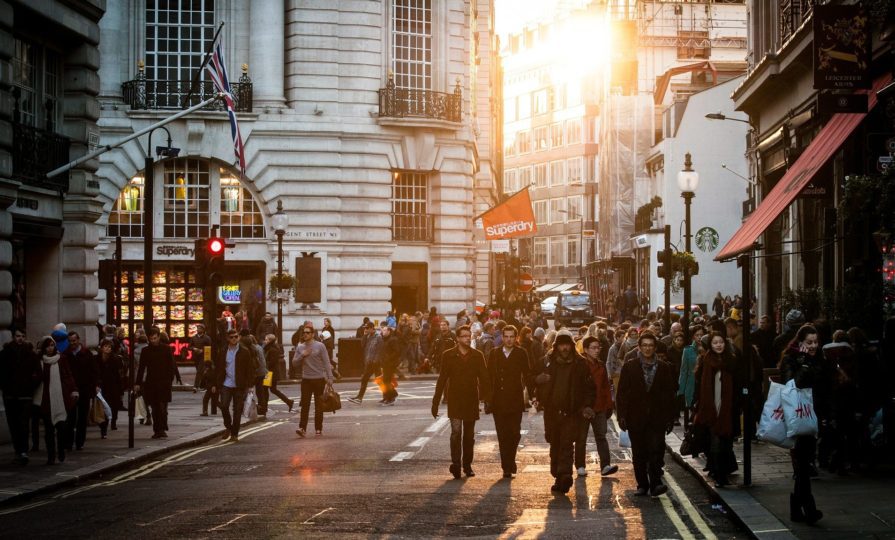What does the Black Friday of the future have ‘in store’ for us?

Black Friday, a term which originated in the US and refers to the first shopping day after Thanksgiving, has become common parlance in recent years. The specific meaning behind the phrase is still a matter of debate, with theories ranging from “the first time retailers start to show a profit for the calendar year,” to references to the manic traffic jams, or the extreme behaviour of some bargain hunting shoppers that has become synonymous with the event.







